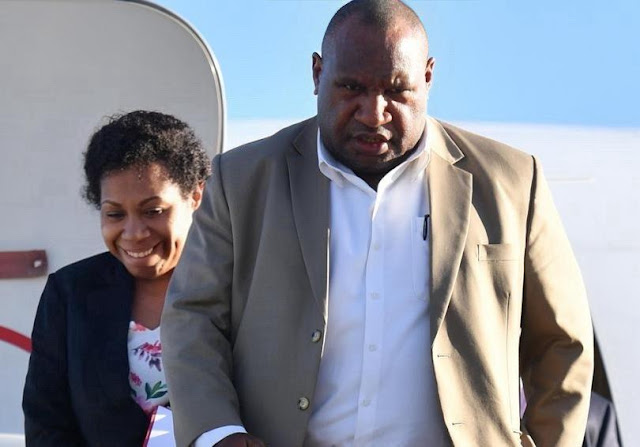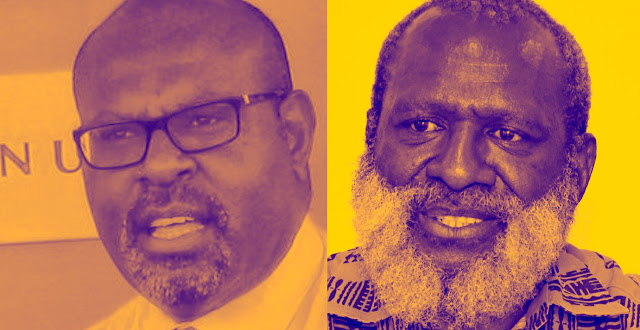Marape’s jumble of meaningless pronouncements

by DAVID LEPI In a recent United Nations General Assembly (UNGA) in New York Prime Minister Hon. James Marape said Papua New Guinea can become a food supplier to the world with its abundance of land and sea. Nothing would have been wrong with this statement had only Marape invested in the technology and resources that had remarkably turned the scorched deserts of Isreal's countryside into the world's food bowl or Isreal a global leader in agriculture and water. Marape’s verbal buckshot with no meaning is no different to Idi Amin's idiotic proclamation of himself as Lord of All the Beasts of the Earth and Fishes of the Sea, and Conqueror of the British Empire in Africa in General. Verbal diarrhoea, which satirist call it loose-stooled effluent. Marape thinks he is saying or doing the right things and is smiling eagerly in the cameras but his jester of saying things off the cuff, impromptu and without thinking through is becoming legendary and is producing gales of laughter a





